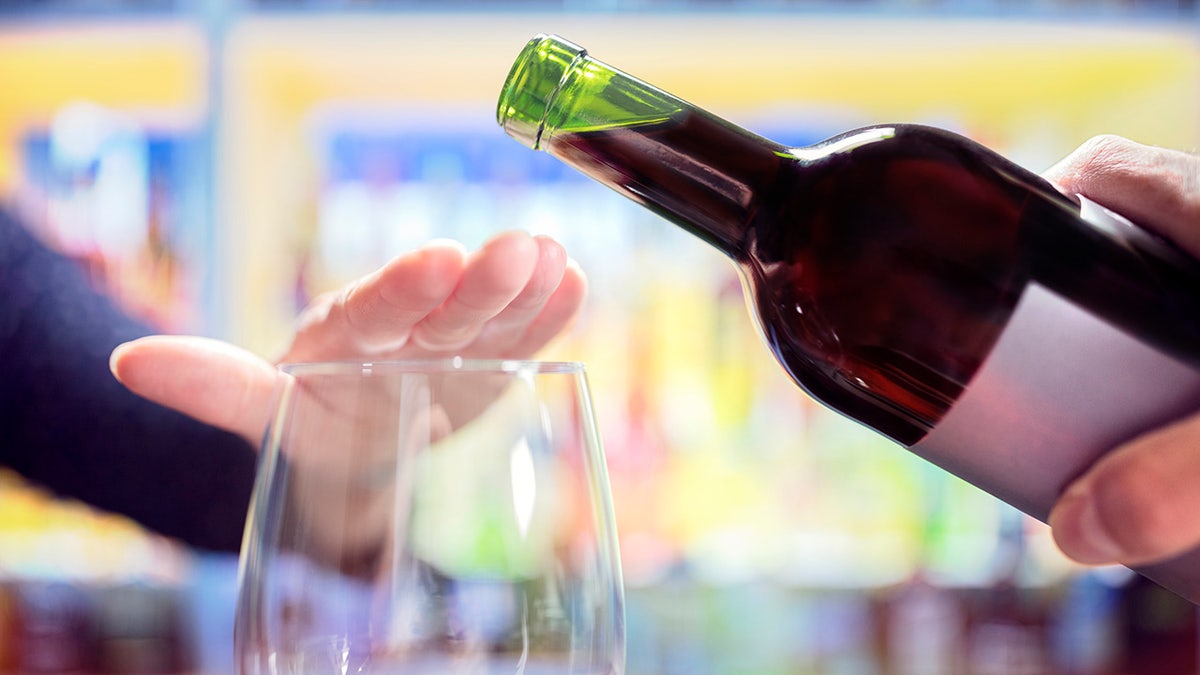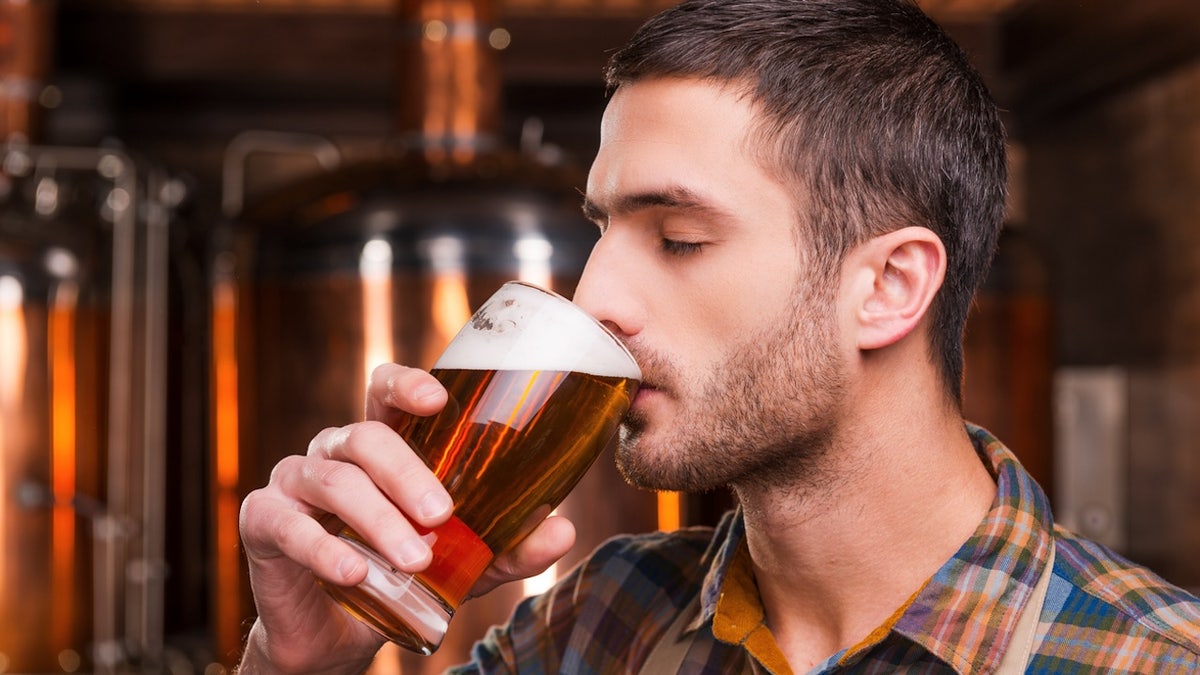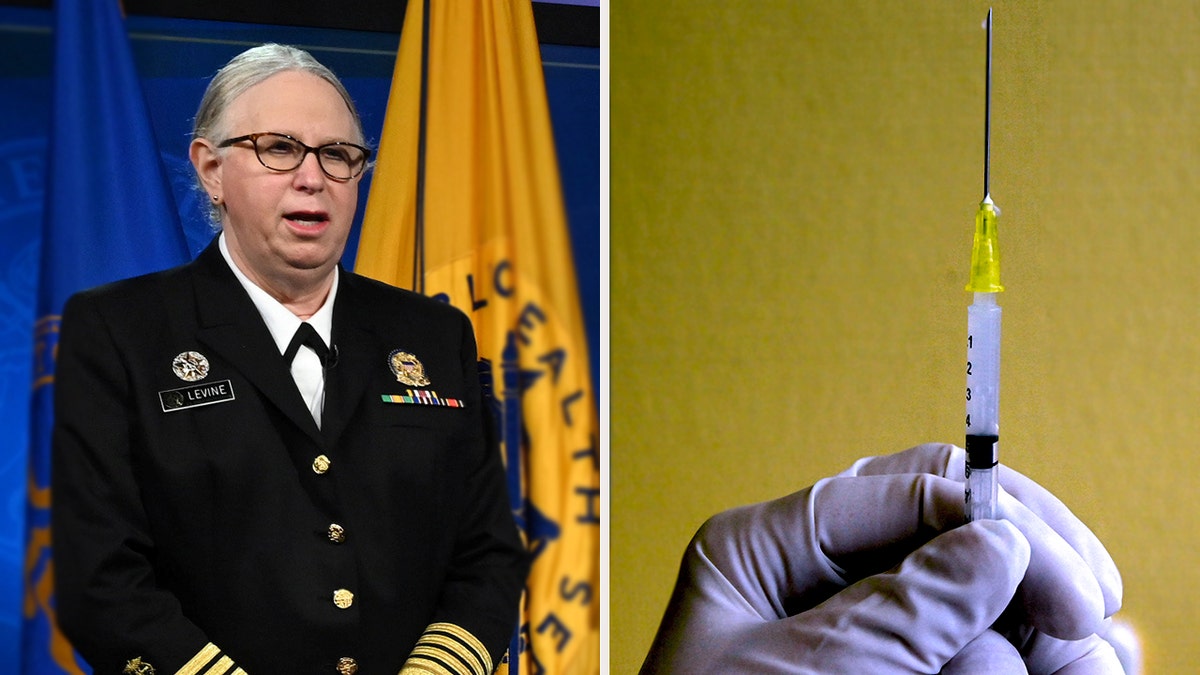Concerned about your alcohol consumption? You're not alone. The U.S. Surgeon General recently issued an advisory highlighting the link between alcohol and an increased risk of several cancers, including throat, liver, esophageal, mouth, larynx, colon, and rectal cancers. This makes alcohol the third leading preventable cause of cancer in the U.S. This awareness, coupled with the growing "sober curious" movement, has many professionals reevaluating their drinking habits. Here's a practical guide to help you cut back safely and effectively:

1. Assess Your Relationship with Alcohol
Before making any drastic changes, it's crucial to understand your level of alcohol dependence. For those with years of heavy drinking, abruptly stopping can be dangerous and may require medical supervision to manage withdrawal symptoms. Consult your physician before quitting if you experience tremors, shaking, or sweating when you haven't had a drink. This is particularly important for individuals who consume five or more drinks daily.

2. Define Your Goals and Monitor Your Intake
If you're simply aiming to moderate your consumption, start by setting specific, achievable goals. Do you want to limit drinking to weekends? Or perhaps cap it at two drinks per occasion? Keep a journal to track your drinking habits: when, where, and how much you consume. This can reveal patterns and triggers related to stress, emotions, or social situations. Gradually increase the number of alcohol-free days each week.

3. Manage Triggers and Explore Alternatives
Once you've identified your drinking triggers, develop strategies to navigate them without resorting to alcohol. Opt for non-alcoholic beverages in social settings: sparkling water, mocktails, or herbal teas. If certain environments or activities tempt you to drink excessively, consider avoiding them altogether. Replace unhealthy coping mechanisms with healthier alternatives like exercise, reading, journaling, or spending time with supportive friends and family.


4. Reshape Your Environment
Minimize temptation by removing alcohol from your home. Limit your exposure to environments where drinking is prevalent, such as bars. Remember, our sense of smell is strongly linked to memory, so avoiding alcohol-related scents can be beneficial.

5. Assert Yourself and Build a Support System
Social pressure can be a significant obstacle. Practice politely declining alcoholic beverages with a simple, "No, thanks, I'm taking a break." Share your goals with trusted friends, family, or a support group. Cognitive behavioral therapy can also be a valuable tool.

6. Practice Self-Compassion
Remember your motivations for reducing alcohol intake, whether it's for health, financial, or relational reasons. Celebrate milestones with non-alcohol-related rewards. Setbacks are inevitable, so be kind to yourself, focus on your progress, and don’t strive for perfection. Every step forward counts.









